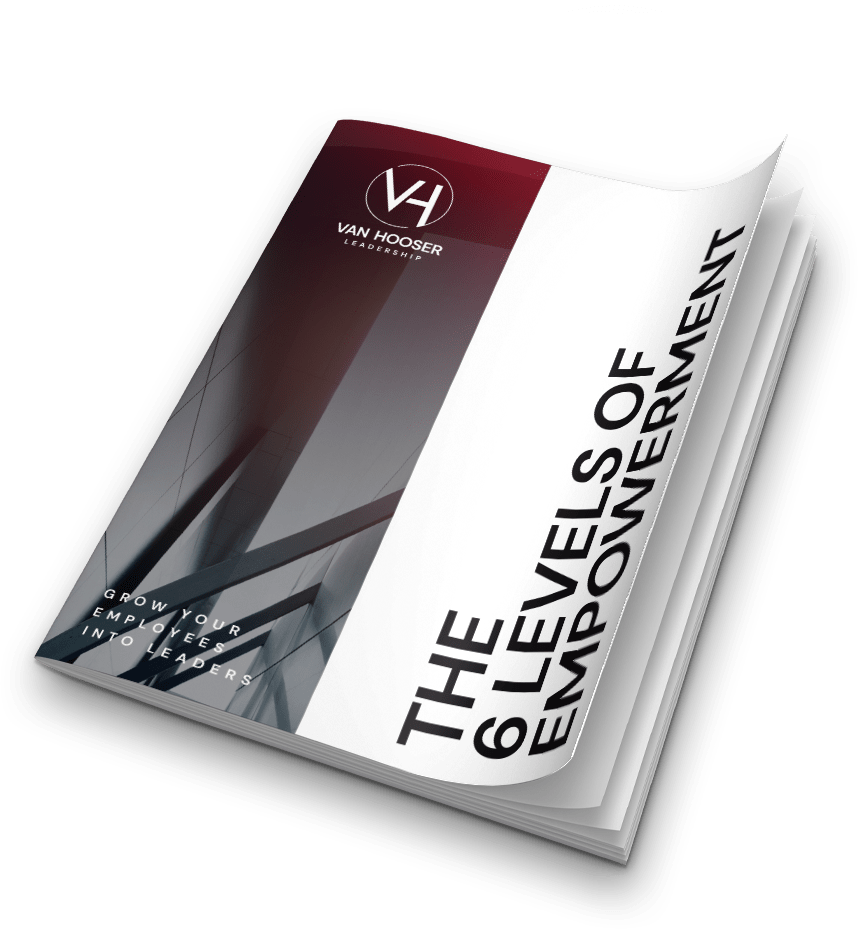The greatest value of employee performance reviews is to prepare the employee for what you want them to do going forward. In order to inspire employees to meet your expectations going forward, your evaluation of past performance must be specific and accurate.
If you want to engage your GenZ and Millennial workforce, give them performance feedback often. This doesn’t have to be a formal interaction, in fact—it shouldn’t be. However, you have to ensure you are meeting your employee’s expectation of performance feedback.
If you are not in the habit of giving performance feedback often, the thought of doing so may seen overwhelming. My approach may help simplify the process for you.
Two Questions for Employee Performance Reviews
Employee performance reviews should be completed weekly, or at least biweekly, by the supervisor. An individual review should be done for every employee, but be sure to only review one employee at a time so you keep an accurately detailed record. Having this documentation to help you with the employee’s annual review will be critical to ensuring you achieve the best results from the performance review!
Question 1: What has this employee done in the past week (or two weeks at most) that I would consider to be above average performance?
This should not be hard to figure out. What have they done? Have they gone out of their way or over and above to help someone? Have they come in early or stayed late to be sure the job gets done? Have they taken the initiative to offer suggestions on improvements within their area?
Think in terms of what the expectation is. Has the expectation been communicated fully? If so, has the employee exceeded the set expectation..even a little bit? Then that is worth putting in the report.
(For ideas on empowering your employees for increasing levels of responsibility, read this: 6 Levels of Empowerment)
Question 2: What has this employee done in the past week (or two weeks at most) that I would consider to be below average performance?
In other words, they did not meet the criteria you would expect on an average performance week. Maybe they were late a day, or two, or three! Maybe they had a confrontation with another employee that was completely unnecessary. Maybe they missed their performance numbers with no good reason or explanation as to why. Again, think of the expectation you’ve set forth for the employee. Has the employee underperformed this past week?
Don’t Miss the Opportunity
If you can capture those two things, you should be in good shape when it comes time to do the formal employee performance reviews. Your Gen Z and Millennial employees want feedback regularly, and giving it to them will engage and inspire them to perform at a higher level. Don’t miss the opportunity to capture their performance and communicate your observations with them…even when it’s not annual review time!
[avatar user=”philvanhooser” size=”thumbnail” align=”left” link=”https://www.linkedin.com/in/phillipvanhooser/”]Connect with me on LinkedIn![/avatar]










